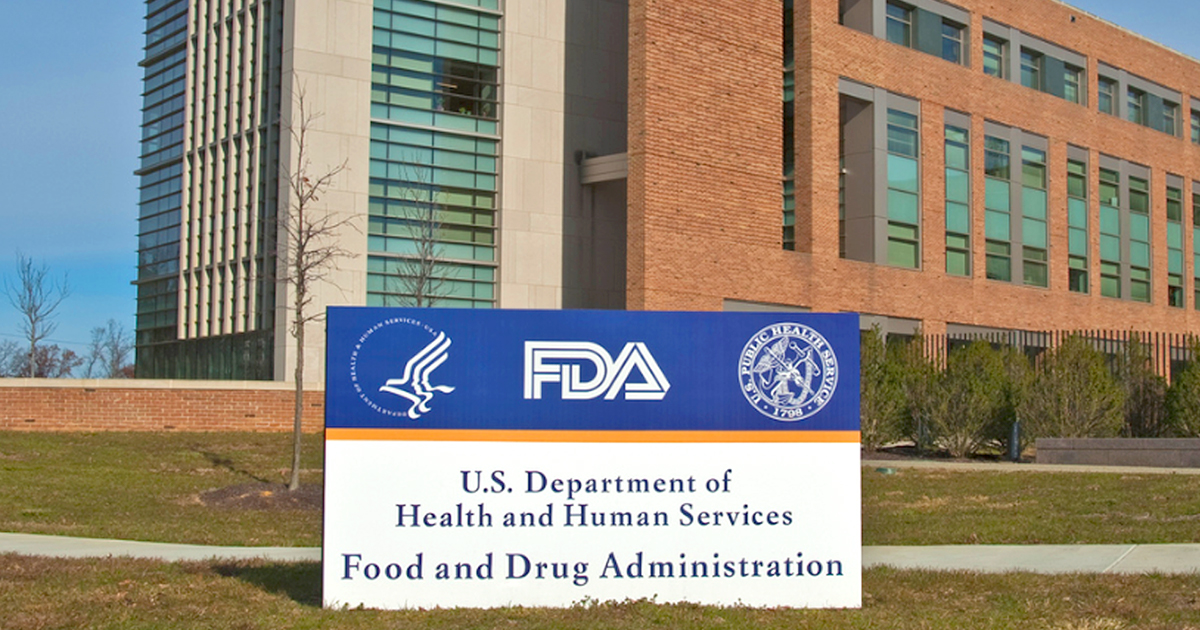Will Changes in the FDA’s 510(k) Process Be Good for Innovators?

Key players in the medical device industry, including one major player in ophthalmology, have issued mixed reviews in response to the Food and Drug Administration’s announced changes to the 510(k) clearance pathway for medical devices. The FDA says it’s undertaking the changes to bring its review and approval processes for medical devices into the 21st century.
“We believe firmly in the merits of the 510(k) process,” FDA commissioner Scott Gottlieb, MD, and Jeff Shuren, MD, director of the Center for Devices and Radiological Health, said in a statement. “But we also believe that the framework needs to be modernized to reflect advances in technology, safety, and the capabilities of a new generation of medical devices.”
Why the Change?
A successful 510(k) submission must demonstrate that the device to be marketed is safe and effective by proving substantial equivalence to a legally marketed device (known as the “predicate device”). In a later statement, Dr. Gottlieb said, “A key part of our announcement is our intent to use our authorities to push for the use of more modern predicate devices.” He explained why this is important. “When new devices rely on older predicates, they may not be accounting for, in their new submissions to the FDA, the latest advances in technology that could benefit patients.”
Improvements Wanted without Slowdown
The reaction from the medical device industry seems cautiously optimistic. Everyone wants safe and effective devices, but without creating new hurdles that slow down the process.
“It’s good for industry that the FDA is beginning to weed out products that are of an older nature and don’t reflect current standards of performance or safety,” Vernon Brown, director of regulatory and clinical affairs, medical technology business group for Carl Zeiss Meditec AG, tells OIS Weekly. He adds, though, that some products can still be valid predicates even when the 510(k) is more than 10 years old because significant technological changes may not have occurred.
Brown also expresses concern over the idea of the FDA moving toward market-based activity to drive the industry with communications to patients or others, as the FDA statement mentions. “We believe that the industry, left to its own means, and in the spirit of competitiveness, will find its way forward to provide the best products to our patients, from both a performance and safety standpoint,“ he notes. Zeiss recently demonstrated that type of activity by finalizing its acquisition of ianTECH, developer of the miLOOP lens fragmentation device.
What Others Have to Say
AdvaMed, the Advanced Medical Technology Association, said in a statement that it commends the FDA for its “commitment to fostering continued innovation for devices that go through the 510(k) process.” But the statement added that it’s important also to “move forward carefully and thoughtfully to ensure the new policy does not arbitrarily or inadvertently prevent the use of older predicates where the clinical and scientific information remains valid.”
Mark Leahey, president and CEO of the Medical Device Manufacturers Association, expresses a similar sentiment. “While the medical device community considers even one adverse outcome unfortunate, and we constantly strive for perfection, we must be vigilant that any changes made to a system that has worked so well for so many patients carefully balances safety and innovation, and does not adversely impact America’s innovators as they seek to improve patient care,” he said in a statement.
Coincidentally, the FDA’s announcement came one day after a group led by the International Consortium of Investigative Journalists released findings that more than 1.7 million injuries and nearly 83,000 deaths suspected of being linked to medical devices had been reported to the FDA over a 10-year period. The group, which included more than 250 journalists in 36 countries representing more than 50 media organizations, spent nearly a year examining the safety of medical devices.
For questions about this article, please contact Steve Lenier at Steve@healthegy.com.
